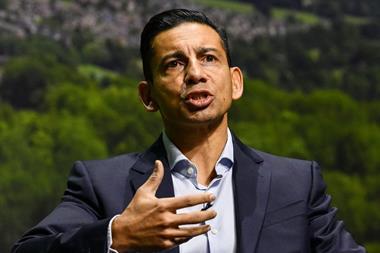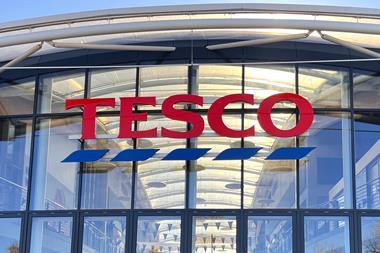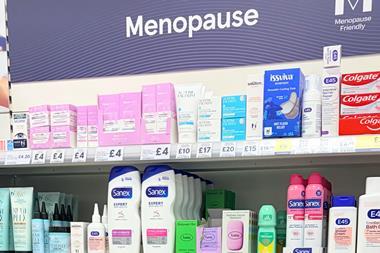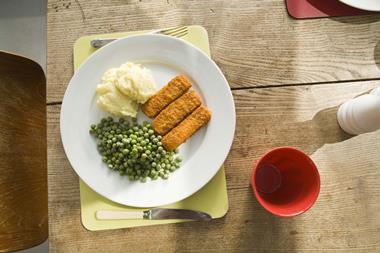Anyone who walks into a Tesco in Shanghai will be confronted by huge Tesco Value range posters. Tesco believes it can build brand awareness through own label and offer safety assurances. Over the past year it has ramped up its offer, which is integrated with the main grocery rather than imported own label goods. "We have 1,000 own label products now - 18 months ago we had none," says Greg Sage, the retailer's international spokesman.
Own or private label currently accounts for less than 2% of the grocery market compared with 6-7% in other Asian countries, so the opportunity is there. But not everyone is convinced it will work - the main stumbling blocks being pricing and lack of brand awareness. "This is an emerging market," says Jack Penhirin, director of OC&C Strategy Consultants in China. "Most consumers would prefer a discount on a brand than a private label. It takes time to build trust in a retail brand. Consumers here don't respond as you might expect. They are price-sensitive but also have time to shop several times a week and will wait for the next promotion."
Retailers will have to address the loyalty problem, adds Jason Yu, regional account development director, TNS Worldpanel China. "In China they offer free shuttle buses. Retired people go to one or two hypermarkets every morning to compare prices and check offers."
Ira Kalish, director of consumer business at Deloitte Research, is more optimistic. "Own label helps develop brand loyalty and given there aren't many national brands other than global brands, there is a serious branding opportunity."



















No comments yet